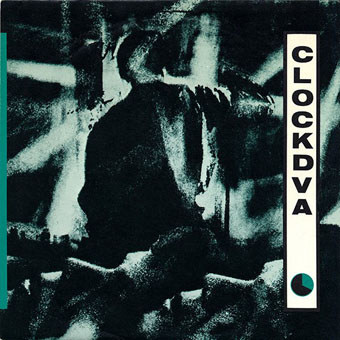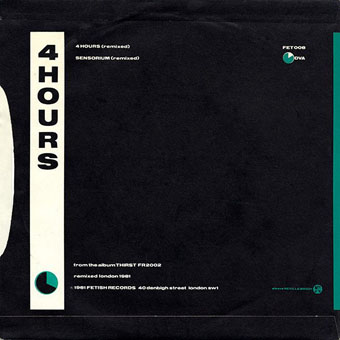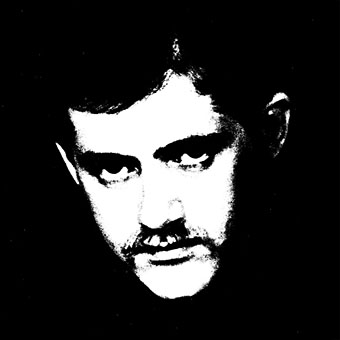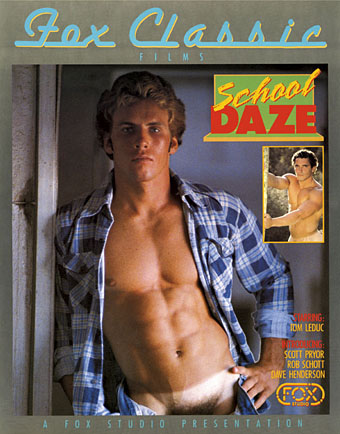
No designer credited but probably the work of Adrian Self.
Too much unanticipated website wrangling has set my work back this week, but in the meantime I’ve enjoyed listening to more of the mostly-electronic music of Cabaret Voltaire (inevitably), plus the mostly-electronic music of Hawksmoor (James McKeown), whose latest album, Telepathic Heights, arrived a few days ago. According to the promotional copy this one “follows a path along the electronic skyways first created by the German/Krautrock electronic pioneers of the 1970s such as Cluster, Ash Ra Tempel, Roedelius and Michael Rother”. And so it does to an extent, although Hawksmoor’s buzzing timbres and synthesized rhythms are closer to those created by The Human League on their first two albums, Reproduction and Travelogue, a percussive pulse which an early reviewer of the League’s music compared to steamhammers in a mineshaft. The early League records, and the first album by Marsh & Ware as the B.E.F., Music For Stowaways, have always been cult items round here, so anything that approaches them is liable to catch my attention. Hawksmoor’s other albums push further buttons of interest with subjects that include Nicholas Hawksmoor’s churches (no surprise there), JG Ballard’s Concrete Island and The Crystal World, the psychogeography of Milton Keynes, and Old Weird Britain. I’m looking forward to seeing what future paths this 21st-century Hawksmoor chooses to follow.
Telepathic Heights is out now on Soul Jazz.
Previously on { feuilleton }
• Talking time: Cabaret Voltaire interviews
• Serious houses: The Lud Heat Tapes, 1979
• German gear
• Old music and old technology
• A Clockwork Orange: The Complete Original Score






